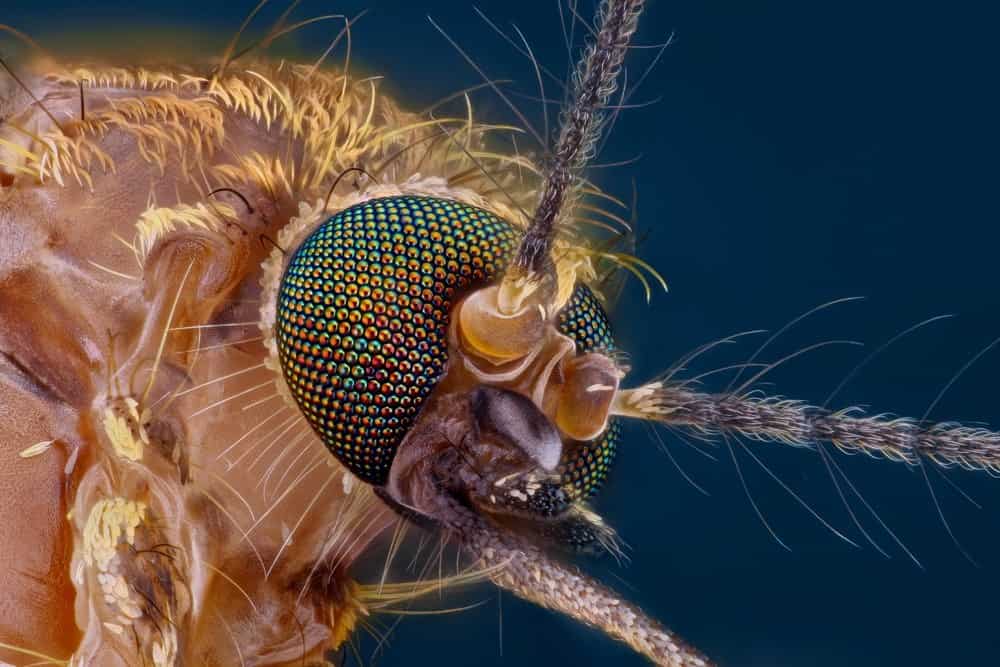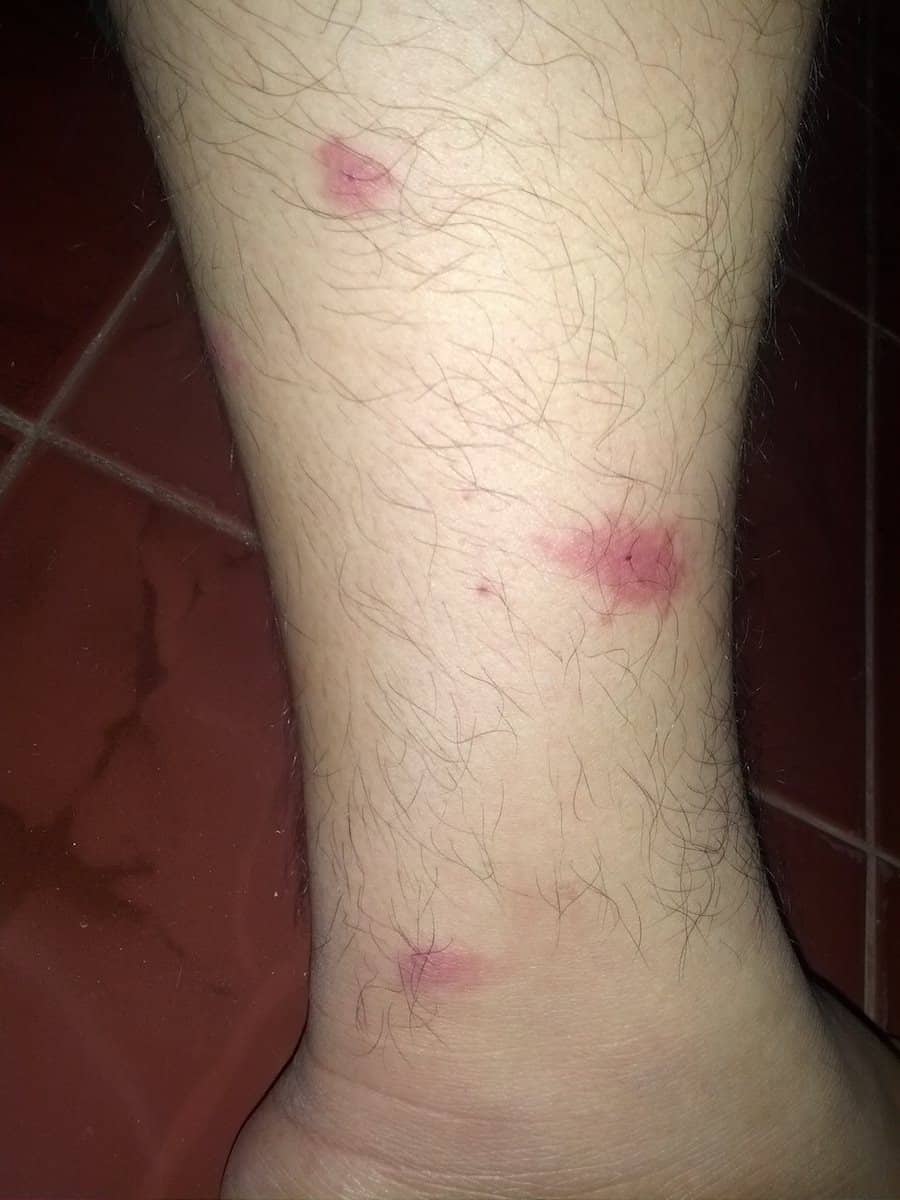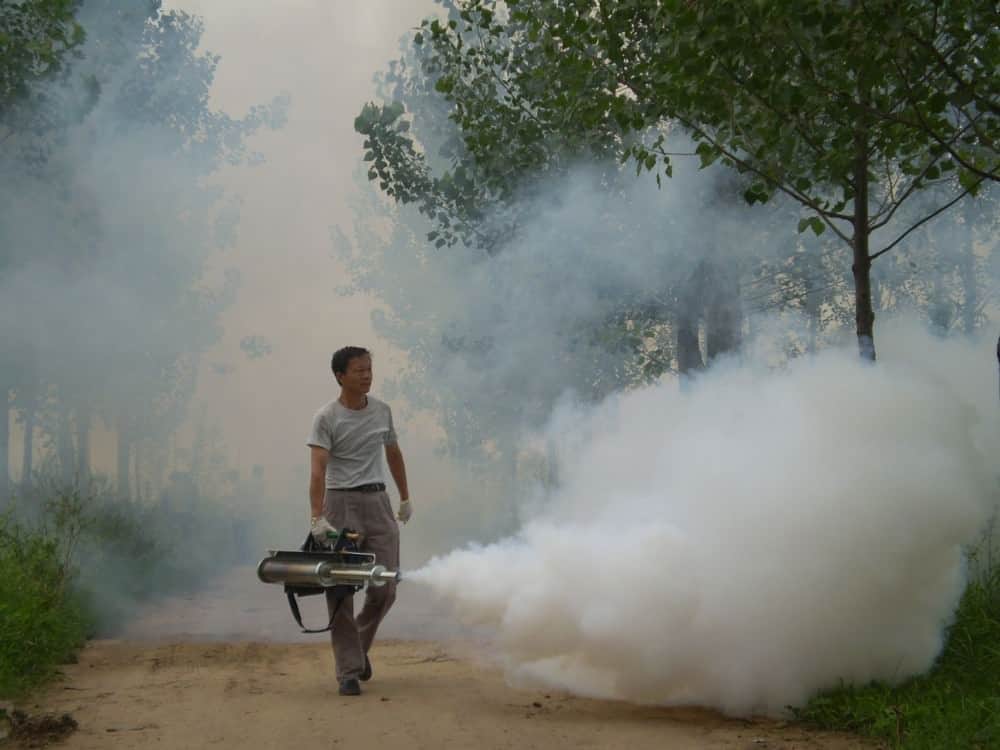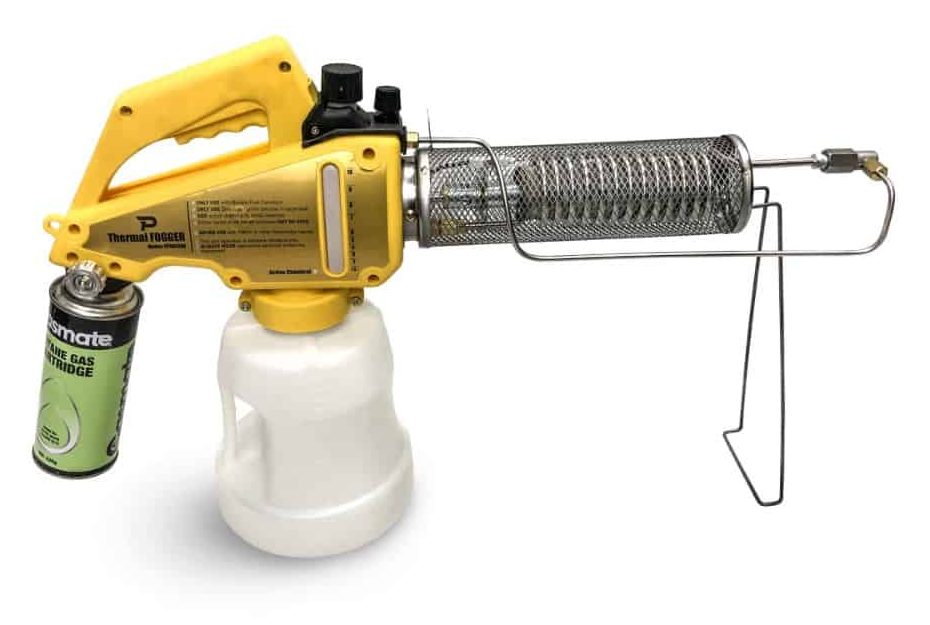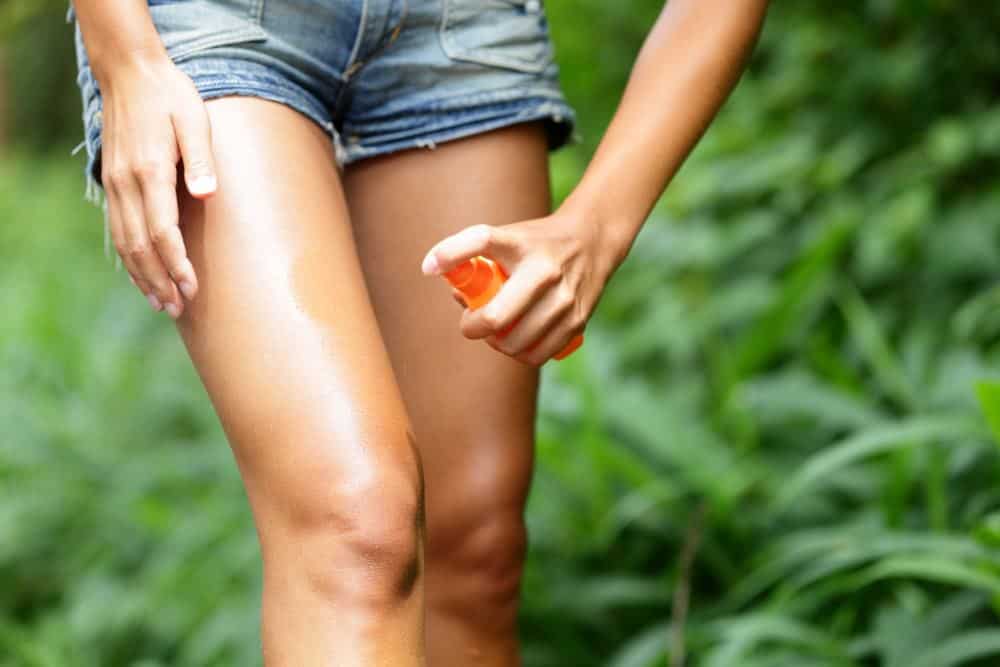Mosquito Bite Relief
Scratching your skin is not the ideal way of dealing with a bug bite. But what can you put on mosquito bites to prevent the irritating symptoms?
An evening with friends and family by the lake is the perfect setting for creating cherished late summer memories. Unfortunately, these moments can quickly turn into nightmares as mosquitoes begin to swarm the site.
Soon enough, you feel the stinging, itching sensation of that bloodthirsty mosquito’s bite. The area begins to swell, and throughout the evening, you are likely to be sitting, scratching that bulge, praying for relief.
If anything like this has ever happened to you, read on. Today I’ll take you through what to expect when a mosquito bites you and how you can identify the culprit. As the title promises, I will also share some tips on how to relieve the symptoms and how long healing time will take.
How to Tell If You’ve Been Bitten by a Mosquito
Pretty much everyone on our blue planet is familiar with mosquitoes. These pests have roamed the earth since the dawn of days. Unless you’re very good at protecting yourself, or extremely lucky, you’re probably already aware of how a bite feels.
There are, however, other bugs out there whose bite feels similar to mosquitoes. These can include bed bugs, ticks, and sometimes fleas.
Fortunately, relief methods generally apply throughout the bug bite category, so even if you are unsure of what bit you, they should still help.
Nevertheless, if something bites you, it’s always useful to know which bug did the deed, especially if the bite becomes infected. This is very important for when you are traveling, since mosquitoes do carry diseases—this knowledge could be crucial to prevent a life-threatening outcome.
Symptoms of Mosquito Bites
Depending on the delicacy of your skin, you may or may not feel it when the mosquito pierces through. Not everyone notices the initial pinch when the bug inserts its long mouth into their flesh. Although relatively mild, it can feel like an irritating, stinging sensation in the area.
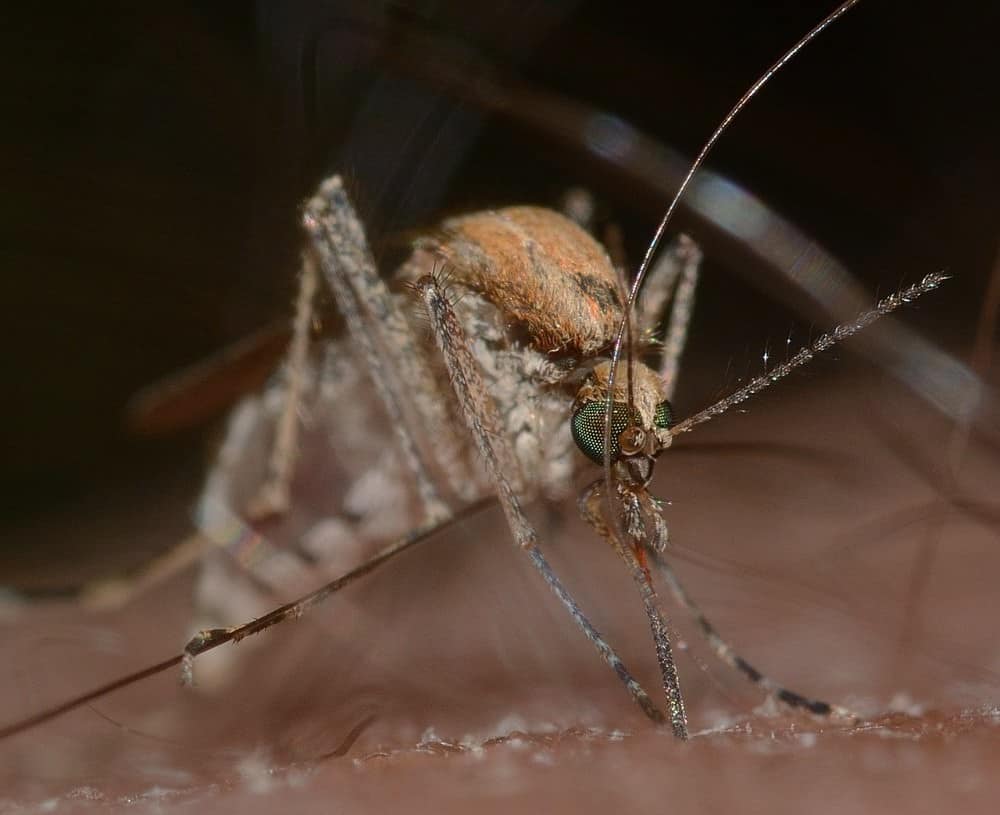
After the initial pinch, the mosquito must wait at least 15 seconds before it can release its toxins. During this brief period, the only indicator of an attack is the visible mosquito sitting on your exposed skin.
When the 15 seconds have passed, and the mosquito begins to inject its saliva as it sucks out your blood. The area will likely go numb for a second or so before that signature mosquito bite feeling kicks in.
With mosquito bites, the bump grows relatively fast after the bug has left the premises. The bulge from the bite is usually firm to the touch, with a white color surrounded by a red circle.
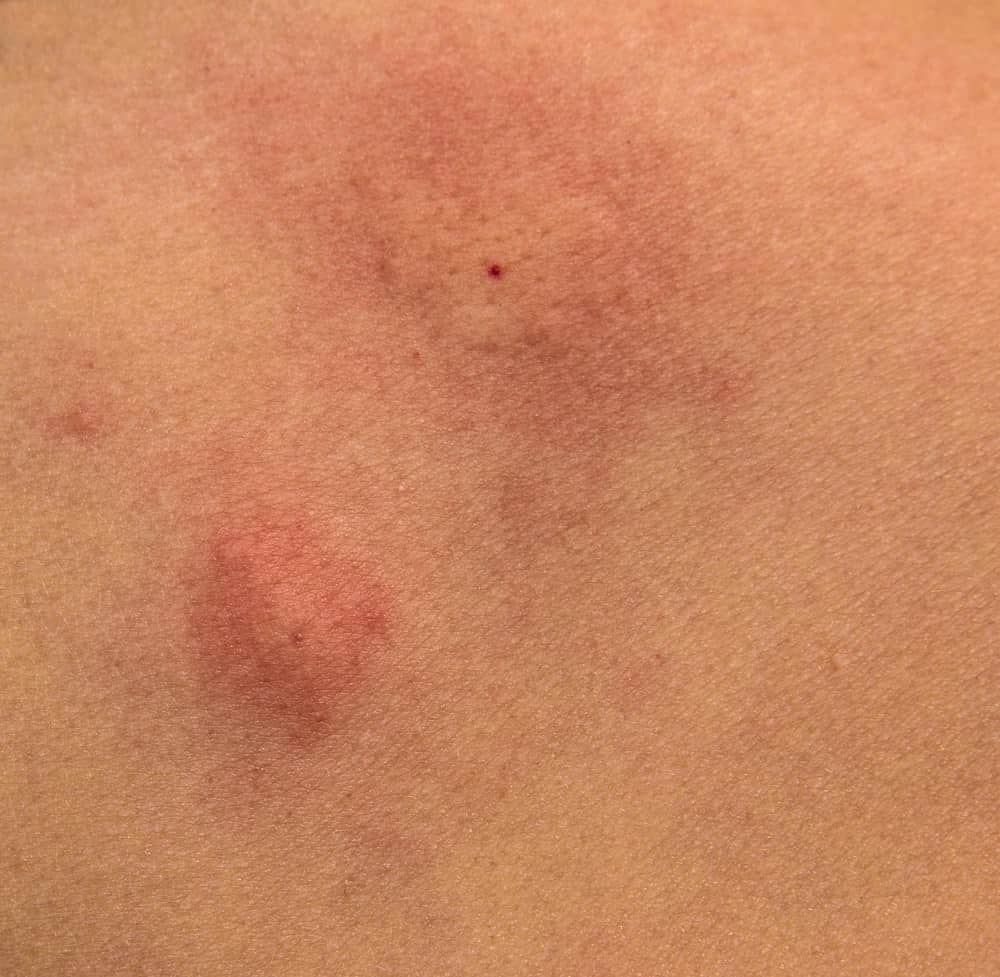
The area will soon begin to itch and feel irritated. Again this will also depend on the person. For some people, a mosquito bite may not bother them at all, while others are in discomfort for days from the itchiness.
Those who suffer from allergies may have a stronger reaction to a mosquito bite. This can, of course, also relate to other bug bites. These people may encounter headaches, fever, and body aches that could even keep them in bed for several days.
Check Your Surroundings
Bed bugs and fleas generally attack either through your mattress or from your beloved pet respectively. Mosquitoes and ticks, however, will have appeared from the great outdoors.
This narrows it down a bit, but to tell if it was a mosquito, consider your surroundings. Mosquitoes thrive in damp areas.
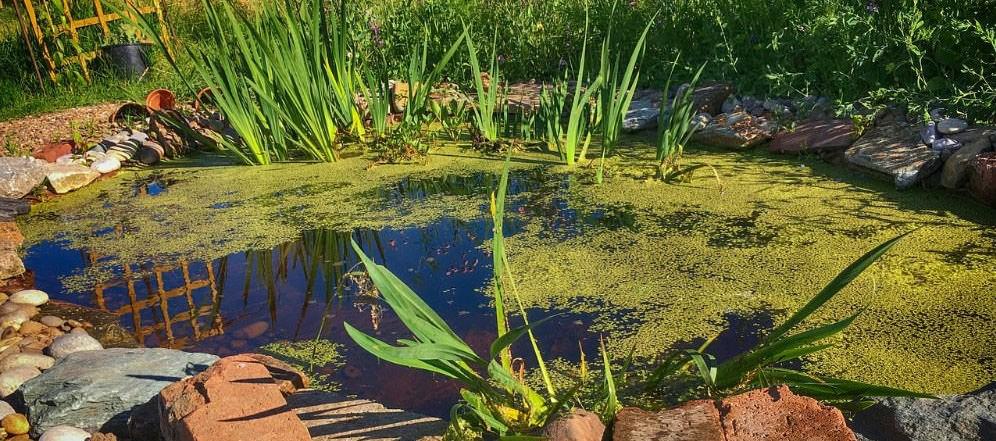
Even though they don’t live in water, it is an essential part of their reproduction. This is why we usually see more of them when near standing water, such as ponds. Still, they can also hatch their eggs inside old tin cans, tires, and even swimming pools.
Given this, if you find yourself near any potential mosquito breeding spots, it is almost certain that the bite was from the flying insect.
Best Ways to Relieve Mosquito Bite Itching
As soon as we humans understood how annoying an itching mosquito bite really is, we quickly began searching for ways to relieve its symptoms.
During our early days of mosquito encounters, all we could rely on was natural remedies. As decades passed, manufacturers began formulating soothing creams and lotions to fit our needs for quick reliefs. But what should we put on that itching bite?
Over-The-Counter
Manufactured products that we find in our local pharmacy or even grocery store are full of ingredients proven to soothe the skin. Most of these look excellent on paper and several can really help you forget the stinging bite for a while.
Here are a few:
Calamine Lotion
Calamine lotion is one of many such products. This soothing salve contains zinc oxide, renowned for its cooling effects on the affected skin.
While the pink lotion won’t relieve the extreme itchy sensations, it will provide enough relief for general bites. Calamine usually releases its magic as soon as coming in contact with the skin. Here, it generally works well at keeping the itch at bay for at least a couple of hours.
Since calamine is so mild, you can apply it along with other medicinal lotions, such as antihistamines or hydrocortisone cream. Read the instructions and implement accordingly—doctors usually recommend using a thin layer.
Hydrocortisone Cream
Hydrocortisone cream or ointment is a bit stronger than calamine lotion. It contains corticosteroids which work to reduce symptoms of inflammation, such as redness, swelling, and itching.
You can generally buy this cream over the counter at a drugstore. For general bites, look for the one that has one percent hydrocortisone. This is usually enough, but in case it’s not, consult your doctor, and they can prescribe a higher percentage.
While hydrocortisone cream is safe to use, don’t overdo it. Apply a thin layer twice daily. Doctors often recommend using calamine lotion in between if the itch is persistent.
Overdosing on hydrocortisone cream can lead to irritated skin, which defies the whole purpose of using it. It can even go as far as bleaching your skin.
Antihistamines
When a mosquito’s saliva enters our system, it triggers a substance called histamines. Histamines are responsible for making us itch, so antihistamine medicine helps to relieve it.
You can find antihistamines in cream and tablet form, for example, Benadryl. Topical antihistamine creams work locally while an oral tablet has a widespread effect, although it will usually make you feel a little drowsy.
As with any medication, follow the dosage instructions. Since oral antihistamines can make you sleepy, avoid taking one before venturing outdoors.
Home Remedies
Ice
If you don’t have any calamine lotion handy, ice is the next best thing.
Ice is a general first-aid tool for multiple occurrences. Cold compression has many benefits, one of these is its ability to reduce swelling, which can soothe the itching.
Anything from the freezer will do—frozen vegetables, ice cubes, or cold packs. However, remember that you should never apply the ice directly onto the skin. Cold temperatures can cause a burn injury, so wrap the ice in a towel or t-shirt and rest it on the bite for no longer than 10 minutes at a time.
Oatmeal
Oatmeal, in general, contains several helpful properties when it comes to relieving an itch. It moisturizes as well as lowers the pH level of your skin.
The best way to use oatmeal is to grind it to a powder using a food processor or blender and sprinkle into a lukewarm bath. Let yourself soak for approximately 10 minutes to let all the ingredients seep in.
Aloe Vera
Whether it’s a sunburn or itchy bug bite, aloe vera can help. This plant holds anti-inflammatory features which can reduce swelling. Either use sap from the plant or buy a tube of gel from the pharmacy. For the itch, it’s best to apply the gel while its cold. Leave it in the fridge and apply when needed.
However, before you use it, make sure you are not allergic to the plant.
How Long Will a Mosquito Bite Usually Take to Heal?
Healing time for a mosquito bite varies from person to person. Those who are more sensitive may take several days to heal, while others could heal in less than an hour.
It also depends on the area. The places where the skin is thinner, such as hands, ankles or feet, will generally be more sensitive and therefore take longer to heal. These also have a tendency to itch more than other sites.
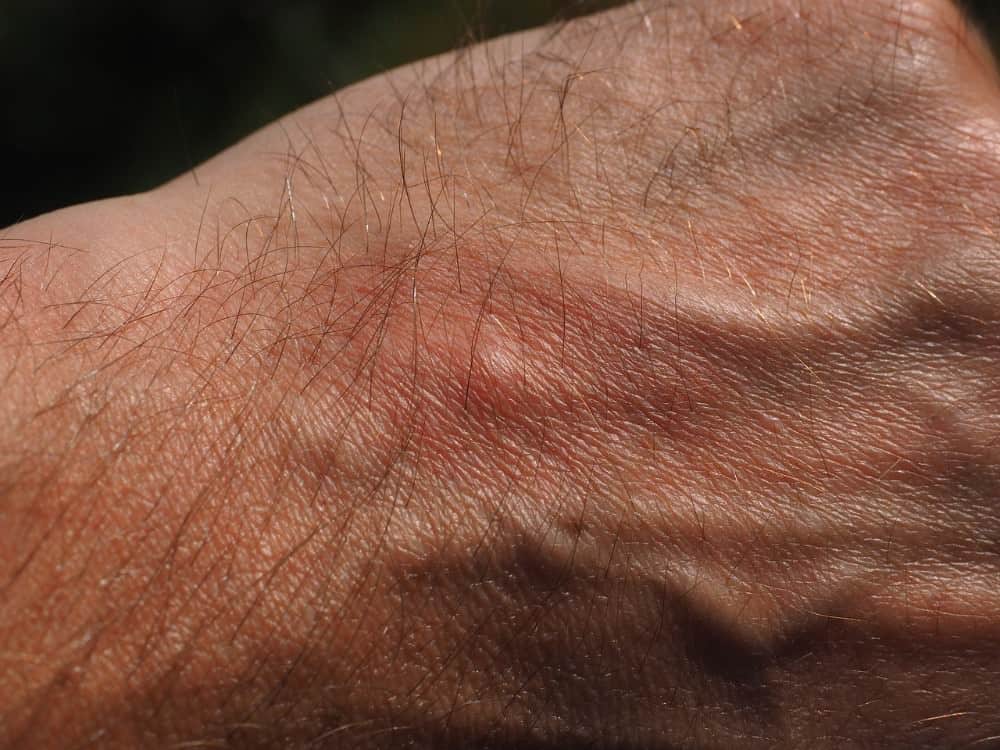
Generally, the itching will go away within 24 hours. However, for some people, the itch can last anywhere between two to five days.
The inflamed pink area around the bump will typically settle within three to five days. Still, the bulge itself will remain present on the skin for a few more days—normally about one week.
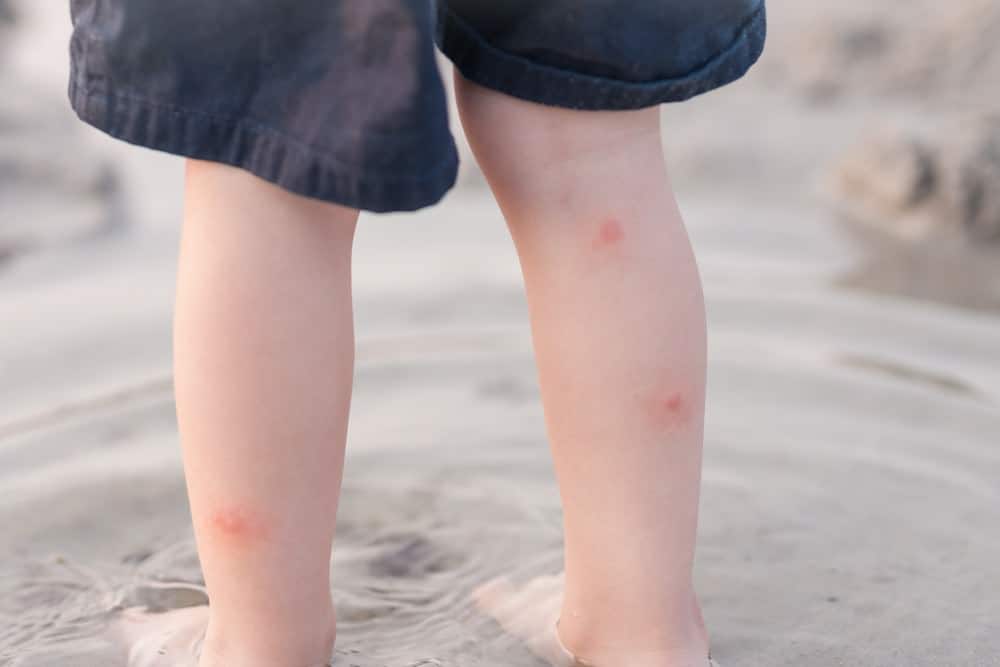
However, if the bite was on the face, healing time can take a bit longer since it’s likely to swell further. The redness around the bite may linger for some time after, but as long as you treat it correctly, it should heal within a week.
Sometimes, if the mosquito bit you near the eye, swelling could look excessive, especially on younger children. Fortunately, it generally does not affect the vision and should pass quickly.
What to Put on Mosquito Bites to Make Them Heal Faster
When a mosquito has bitten you, experts generally recommend washing the area with soap and water. This is to prepare the area for when you apply a topical cream.
One of the most important things to speed up the healing process is prevent the itchiness from kicking in. Once the bite begins to itch and you start scratching, the top layer of your skin gets damaged. In turn, you will lose the first defense against unwanted bacteria.
If bacteria gets in, you increase the chance of developing an infection. An infected mosquito bite is no fun. Not only will the symptoms such as body aches and fever keep you in bed, but your skin will also take much longer to heal. Needless to say, don’t scratch that bite.
Apply a Topical Cream
As I said above, the first thing to do is prevent scratching. You can do this by applying a topical lotion such as calamine. If the bite is really itchy or in a tricky spot, you can administer a hydrocortisone cream instead or use both.
Garlic
Want something natural? My grandmother would always insist on rubbing a piece of freshly-cut garlic on a bite, to relieve the itching and also heal the bite area quickly. As an adult, I have used it often and can honestly say that it really does work. This is especially useful for areas near the eyes or mouth, where it is difficult to apply cream. In my personal experience, within 24 hours, the bite has faded to almost nothing.
Reduce Swelling
The next thing you want to do is reduce the swelling. The further you allow the bite to swell, the longer the healing will take. Less swollen bites will usually always heal faster.
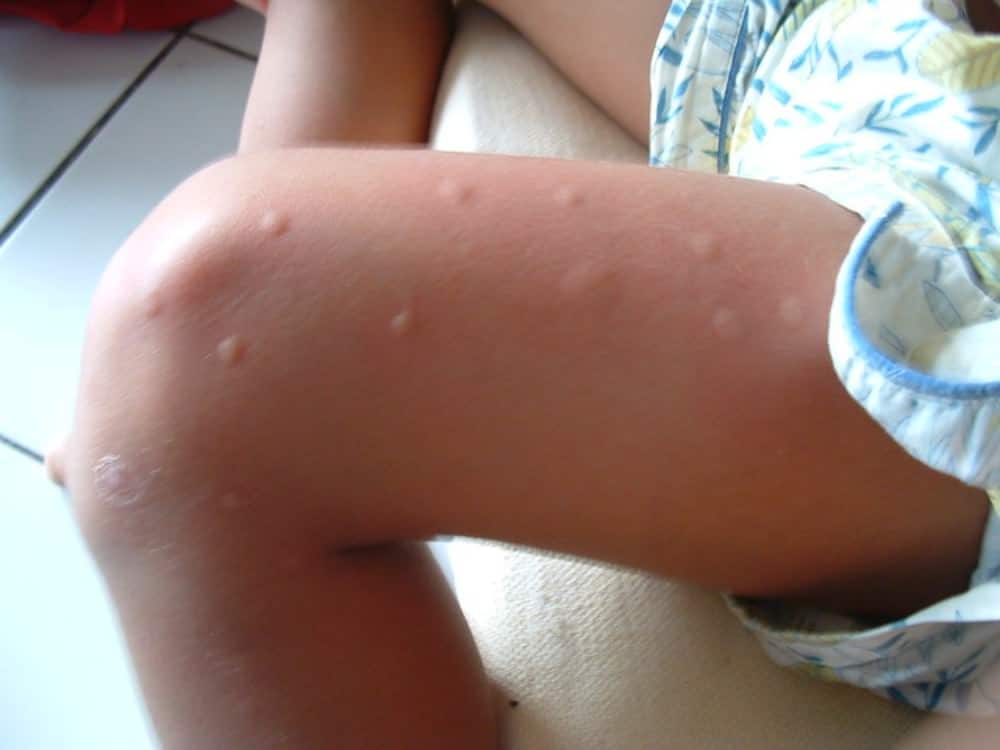
Apply some ice to the area and leave it on for 10 minutes, as mentioned above. Remove for 10 minutes and repeat. Do this, if possible, for the first 24 hours to ensure the swelling is decreasing.
Another excellent tool to minimize swelling is a cold, damp tea bag. Ideally, you should use green tea, but black tea will also work just fine as well. Boil a little water and pour into a cup, place the bag inside and let it sit until activated, generally 10 minutes. Let the tea bag cool down and then brush over the bite.
Most teas contain a component called tannin. This is an organic substance found in several types of plants. It is excellent at calming the skin and reducing swelling.
If ice and tea are not doing enough for you, you can also use other all-natural products such as evening primrose oil.
Evening primrose oil contains anti-inflammatory properties which work to calm the immune responses in the affected area. This means it will reduce the swelling and discoloration of the bite. It can also soothe the itching, although it is not as effective as a topical cream.
Now that you have reduced the swelling and soothed the itching, it’s essential that you continue treatment until the bite has fully healed. The itchiness can quickly make a comeback within the first 24 hours, so make sure to follow application instructions.
In case the remedies above fail to ease the itch, you can enforce them by taking oral antihistamines. Remember that, for a speedy recovery, you should always avoid scratching.
Hopefully, through this article, you are now able to walk with confidence through mother nature. You can now equip yourself with items to put on a mosquito bite to ease the symptoms.

